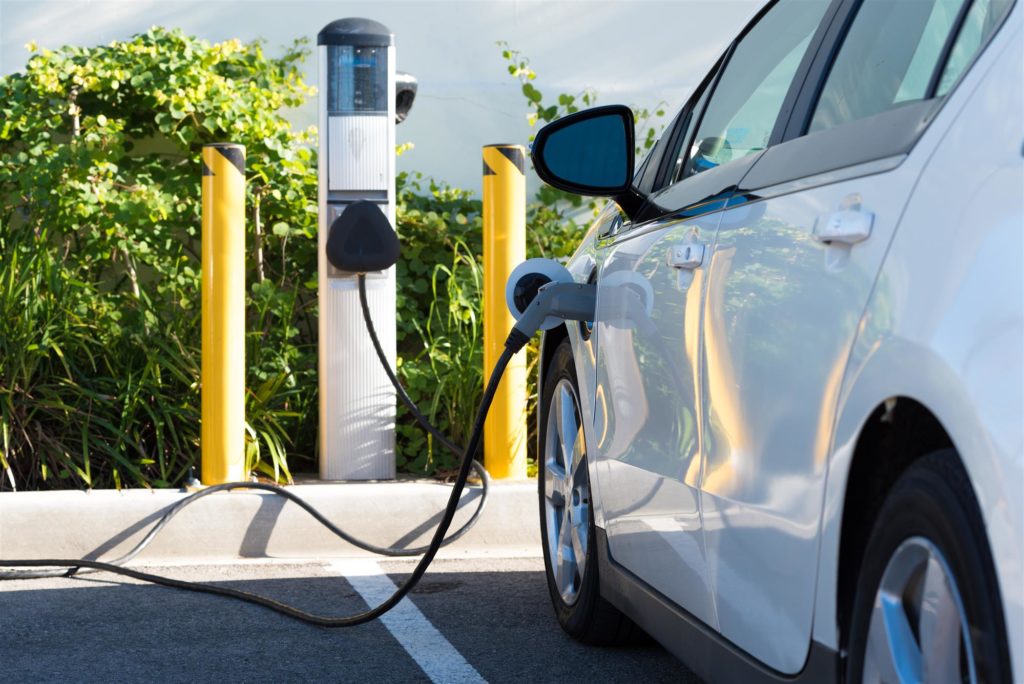Government introduces solar equipment tax rebate
ZIMBABWE has introduced a duty rebate on imported equipment and machinery specifically intended for establishing solar-powered charging stations for electric vehicles (EVs).
A duty rebate refers to a reduction or refund of customs duty that would ordinarily be payable on imported goods.
These incentives apply to operators approved by the Zimbabwe Energy Regulatory Authority (ZERA), as outlined in Statutory Instrument 35 of 2025: the Customs and Excise (General) (Amendment) Regulations.
According to the regulations, equipment imported under the rebate scheme cannot be transferred from the approved operator or location to another without written consent from the Zimbabwe Revenue Authority (Zimra) Commissioner.
Additionally, any entity granted the duty rebate is prohibited from selling or disposing of the equipment without Zimra’s written permission and the payment of the duty originally waived.
The eligible equipment includes essential components required to set up charging stations, such as solar panels, inverters, EV chargers, and battery storage systems. It also covers charging control units, mounting structures for the solar equipment, electrical wiring, monitoring systems, and grounding apparatus to ensure operational safety.
There is growing interest in and gradual adoption of EVs in Zimbabwe. Demonstrating its commitment to encouraging EV usage, the Government reduced the import duty on electric motor vehicles from 40 percent to 25 percent, effective 1 January 2025, to make EVs more affordable for both individuals and corporates.
However, analysts have raised concerns over the current lack of adequate infrastructure for charging electric vehicles across the country. This shortfall presents a major obstacle to the widespread adoption of EVs.
Potential buyers remain hesitant to invest in electric vehicles due to uncertainty surrounding the availability of reliable and convenient charging points, particularly for long-distance travel.
The limited number of charging stations, especially outside major urban areas and along key transport corridors, has generated anxiety among prospective EV users and restricts the vehicles’ practical usability.
“Addressing this infrastructure gap through strategic investment in both public and private charging networks, including exploring solar-powered stations in more remote areas, is critical for boosting consumer confidence and accelerating the shift towards electric mobility in Zimbabwe,” said Harare-based economic analyst Mr Carlos Tadya in an interview.
Meanwhile, horticultural producers are lobbying for a waiver of Value Added Tax (VAT) on solar equipment.
The move is aimed at encouraging substantial investment in off-grid energy solutions for the sector, thereby reducing its reliance on the often-unreliable national electricity grid.
The Horticultural Development Council (HDC), a key representative body for Zimbabwe’s horticultural industry, has emphasised the adverse effects of persistent power shortages on their operations, which depend heavily on a steady and reliable electricity supply for irrigation, cooling, and processing activities.
The HDC argues that scrapping VAT on solar equipment would make off-grid energy alternatives more financially accessible, thus safeguarding the sector’s productivity and competitiveness amid ongoing power challenges.
The rising uptake of captive power solutions, particularly solar, by businesses highlights the urgent need for reliable, independent energy sources to sustain economic activity in the face of national grid limitations.
According to the latest data from ZERA, a total of 29 energy projects are currently underway, which are expected to add a substantial 1 688 megawatts (MW) to the national energy mix.
A notable trend among these private-sector ventures is the strong focus on solar photovoltaic (PV) technology. Of the 29 projects, 25 are solar-based, contributing 403 MW of capacity, underscoring the growing popularity and viability of solar power as a sustainable energy solution for businesses.-herald











